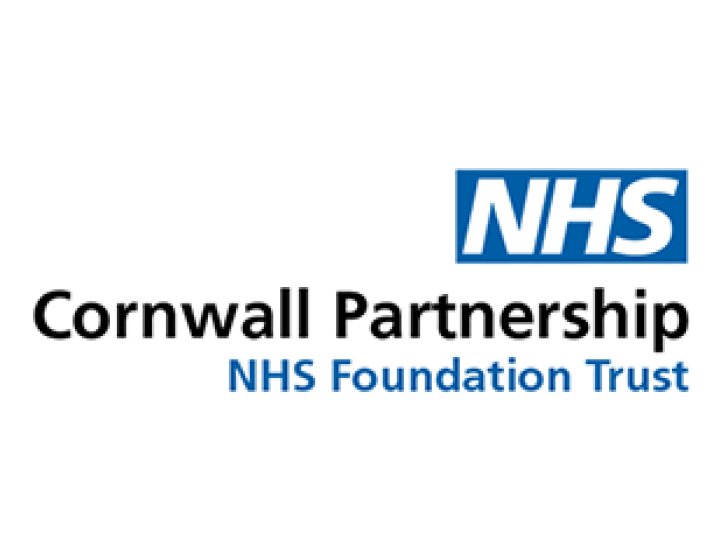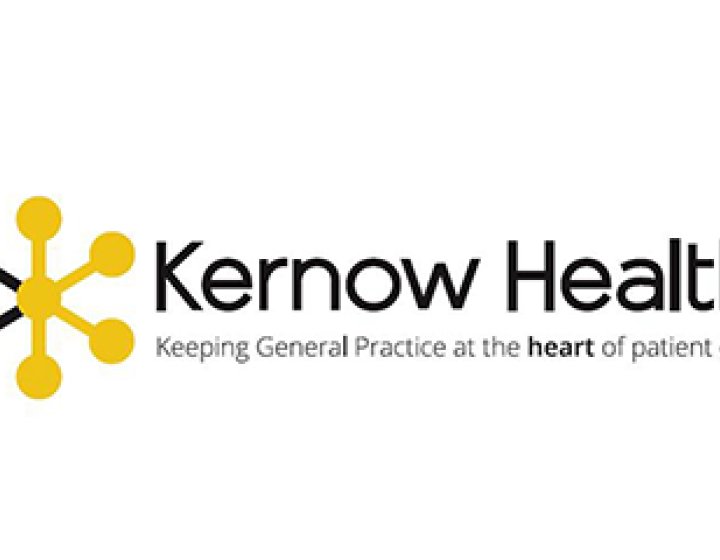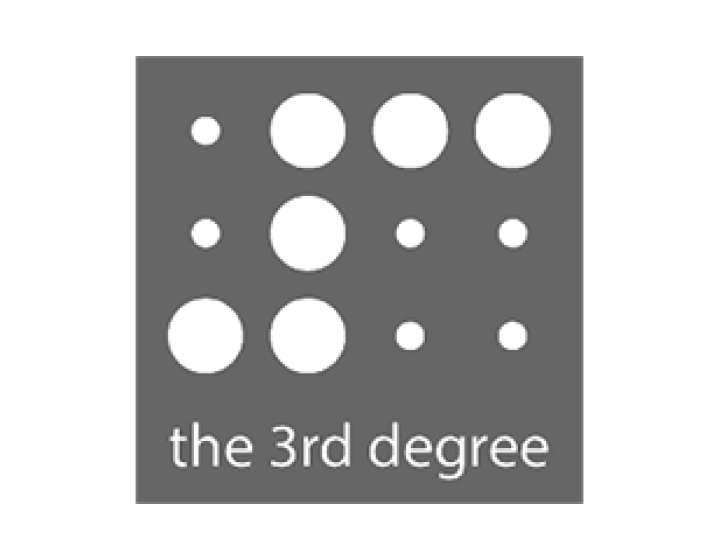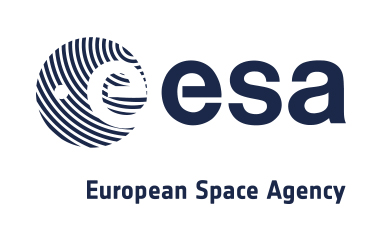
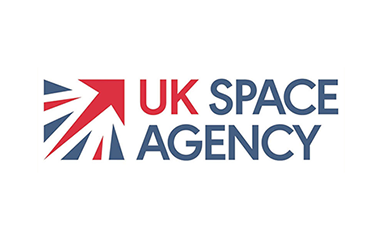
Project details
| Project Lead | Anna Mankee-Williams |
|---|---|
| Centre alignment | Centre for Arts & Health |
| Start Date | May 2020 |
| End Date | December 2021 |
The project will deliver a secure satellite connected infrastructure between primary and secondary care and service users in rural communities. Through this 4e – health applications to the clinical areas of mental health, diabetes and clinical education enabling delivery through primary care and community settings - will be developed. The project will implement a "Test and Learn" approach and evaluate the potential clinical and commercial value of a secure satellite connected infrastructure in improving quality, accessibility and efficiency within the health sector.
Cornwall and Scotland (and other rural parts of the world) have dark spots across the areas with no connection, or NHS services with only minimal/overloaded bandwidth. This lack of connectivity has an impact on the pace, adaptation to, and adoption of technology and the digital transformation in health care.
Despite both significant previous investment and planned investment in terrestrial network capability and accessibility, areas affected by sparsely populated and rural areas continue, and will continue, to have connectivity challenges in the near and medium term, contributing to an increasing digital divide in rural marginalised communities.
This project asks if satellite connectivity is possible, feasible, usable and adequate for the delivery of mental health care, diabetes care and clinical education in remote communities.
Project team

Anna Mankee-Williams
Associate Professor, Arts and Health
Anna is an Associate Professor in Arts and Health. Anna has 22 years’ experience in the health sec...

Gwynedd Williams
Research Fellow
My career started as a criminal intelligence analyst before moving into public health where I have w...

Madi Stephens
Research Fellow
Madi has eight years worth of experience caring for acutely unwell adults as a emergency department ...

Dr Anjuman Shaheen
Lecturer, Game Programming MSc
Dr Anjuman Shaheen (she/her) is a Lecturer in Game Programming at Falmouth University, specialising ...
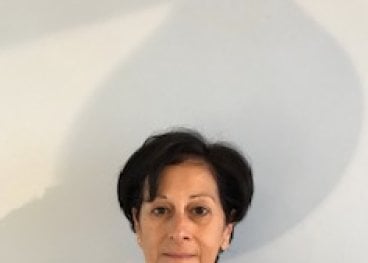
Dr Lisa Socrates
Module Leader, Television & Film Production BA(Hons)
Lisa Socrates joined Falmouth University as an Associate Lecturer in the School for Film and Televis...

Mazy Burns
Module Leader, User Experience MA (Online)
Mazy has worked as a UX specialist for nearly 20 years, as a researcher, designer, lecturer and trai...
Partners
The Connected Health Care project's national partners include:
- NHS England
- NHS Scotland
- NHS Highland
- University of Aberdeen
- University of the Highlands and Islands
- Falmouth University
- Satelite Applications Catapult
Regional partners
Funders
This projects has been supported by grant funding from the following funding bodies:
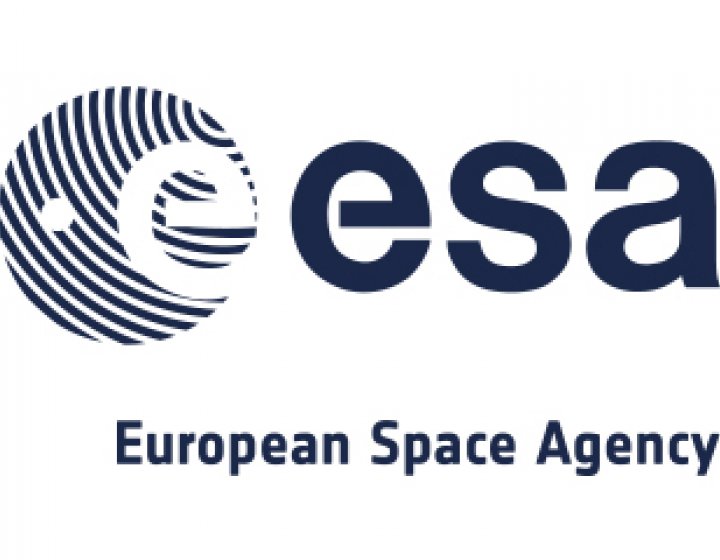
European Space Agency
The European Space Agency (ESA) supports the development of Europe's space capability and ensure tha...
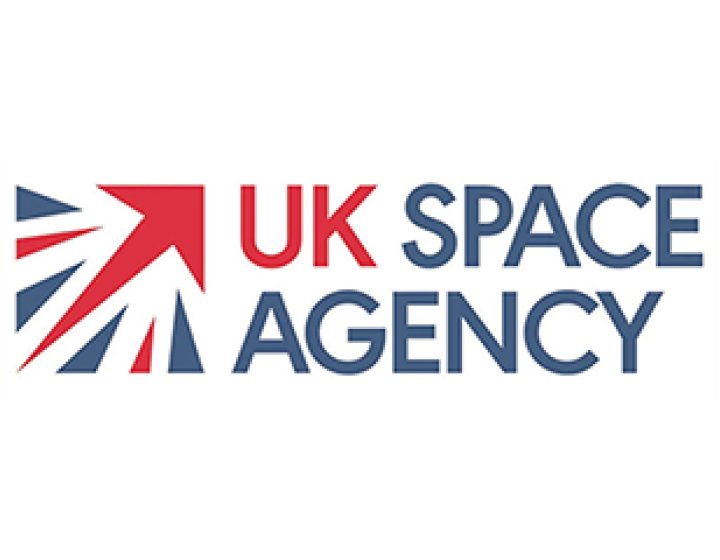
UK Space Agency
The UK Space Agency are responsible for all strategic decisions on the UK civil space programme and ...
Outcomes & outputs
The Connected Health Care Project is innovative in bringing together satellite communications, intelligent routing and delay tolerant networking within the infrastructure and applying it to the health care sector. Bringing together experts in both health and space technology creates a unique partnership to improve infrastructure and network security for a specific sector. Whilst the individual technologies have been proven, they have not previously been integrated for use in the health care sector. The simplicity of the user interface will encourage uptake and use without the users needing to know or understand the technology enabling it.
The forecast impact of the Connected Health Care Project is to better connect primary and secondary care and service users in rural communities by optimising satellite technology and network security.
Project studies
Unpaid Carers Research
Within the Connected Healthcare Project, the team are exploring if mobile technology can help to access and amplify the voices of unpaid carers.
Compounded by the isolation of lockdown and the economic uncertainty involved in caring for loved ones who are disabled, ill or older and in need of support - the UK's 6.5 million unpaid carers say that social isolation is one of the most challenging aspects of their caring duties.
The CHC researchers are now paving the way for better support for carers in some of the UK's most remote locations.
Issues impacting on the health outcomes of unpaid carers can be complex and occur at individual, social, cultural and systemic level. Due to the caring responsibilities, carers often have less time to self-care or to seek help due to the complexities not only of their caring role but also their working and family life. Their needs are often overlooked in system processes, but by undertaking this research it's hoped that the findings will not only be actionable to inform system improvements, but can be further developed to create self-help interventions in the form of personalised messages shaped around the five-ways-to-wellbeing.
To assess the feasibility of using real-time data from unpaid carers using mobile phone short message service (SMS) to theme data using natural language processing.
- To access and amplify the voice of unpaid carers
- To engage and reach adult unpaid carers across Cornwall
- To use natural language processing on data collected via mobile technology to provide insight and allow personalised SMS messaging to engage and access poorly reached and heard cohorts
- To discover common themes in SMS free text data using natural language processing to report in real-time using a web-based dashboard
According to the 2011 census, there are 63K unpaid carers in Cornwall which equates to 12% of the residents, which is above the England average at 10.3% (ONS, 2021). In Cornwall, over 40% of the population are considered to live in a rural area (Rural England, 2017). Due to Cornwall's rurality and small population across a large landmass, compared to other major UK cities, it does not have a digital market to produce eHealth products and services (Jones et al., 2019). Cornwall's aging population exceeds the national average (24% over 65yo compared to 18% for the UK in 2015). With the knowledge that older adults are more susceptible to ill-health (WHO, 2020), poor transport links, and the ever-increasing pressure on health and social care services, Cornwall health and social care commissioners face significant challenges securing cost effective, accessible, and user-friendly solutions to improve healthcare access to those in the county.
In a first for Falmouth University, the unpaid carers research has received Health Research Authority ethics approved by Wales REC 6 (Ref 21/WA/0286) and is sponsored by Cornwall Partnership Foundation NHS Trust.
The team are investigating if mobile technology can access unpaid carers and using AI to theme collective issues. If you'd like to take part in the study please see the information in the flier below.
For information on what taking part in the study involves, you can find out more in our Participant Information Sheet.
Care Home Research
Within the Connected Healthcare Project the team are exploring if satellite technology can help deliver eHealth Platforms.
As eHealth is a broad concept that includes many different technologies, this project aims at using remote video consultation specifically, due to a novel platform that has been licensed for the project.
This study aims to assess whether (A) satellite connectivity can deliver eHealth platforms effectively, and (B) if these eHealth platforms are both usable and accepted in a care home environment.
Due to Cornwall's rurality and small population across a large landmass, compared to other major UK cities, it does not have a digital market to produce eHealth products and services (Jones et al., 2019). This is further exacerbated by its limited access to academic institutions, science parks and digital enterprises. Research aiming to implement eHealth services within Cornwall have identified poor internet connection as a major barrier to access (Buckingham et al., 2020). In fact, poor internet connectivity and black spots are frequently reported within the county.
With our findings, we hope to inform the literature on the use of satellite technology in delivering eHealth solutions to care homes in rural areas, and whether they are both usable and acceptable within this context.
Impact & recognition
The pilot-demonstration service activities will be based on the following undertakings:
- Six months of validation in Cornwall (three GP practices)
- Six months of validation in Scotland (three GP practices)
- Validation accompanied and followed by impact and economic viability assessment.
The space asset(s) used in the pilot-demonstration include:
- Telesat satellite bandwidth,
- GES ground infrastructure
- iDirect user terminals for connectivity
The success criteria / goals to be achieved during the pilot-demonstration to gain customer commitment are:
- Connectivity and level the field: provide connectivity to at least three health care hubs with limited or no connectivity
- Security: Network service solution in line with NHS standards/requirements (e.g., accredited via Cyber Essentials)
- Resilience: Achieve more than 99% availability
- Uptake: Achieve commitment from at least three pilot users for continuing usage
The research and evaluation for the system and service performance during the pilot-demonstration include:
- Assess improvement of connectivity and intelligent routing
- Assess integration with e-health applications
- Assess impact on customers and users

